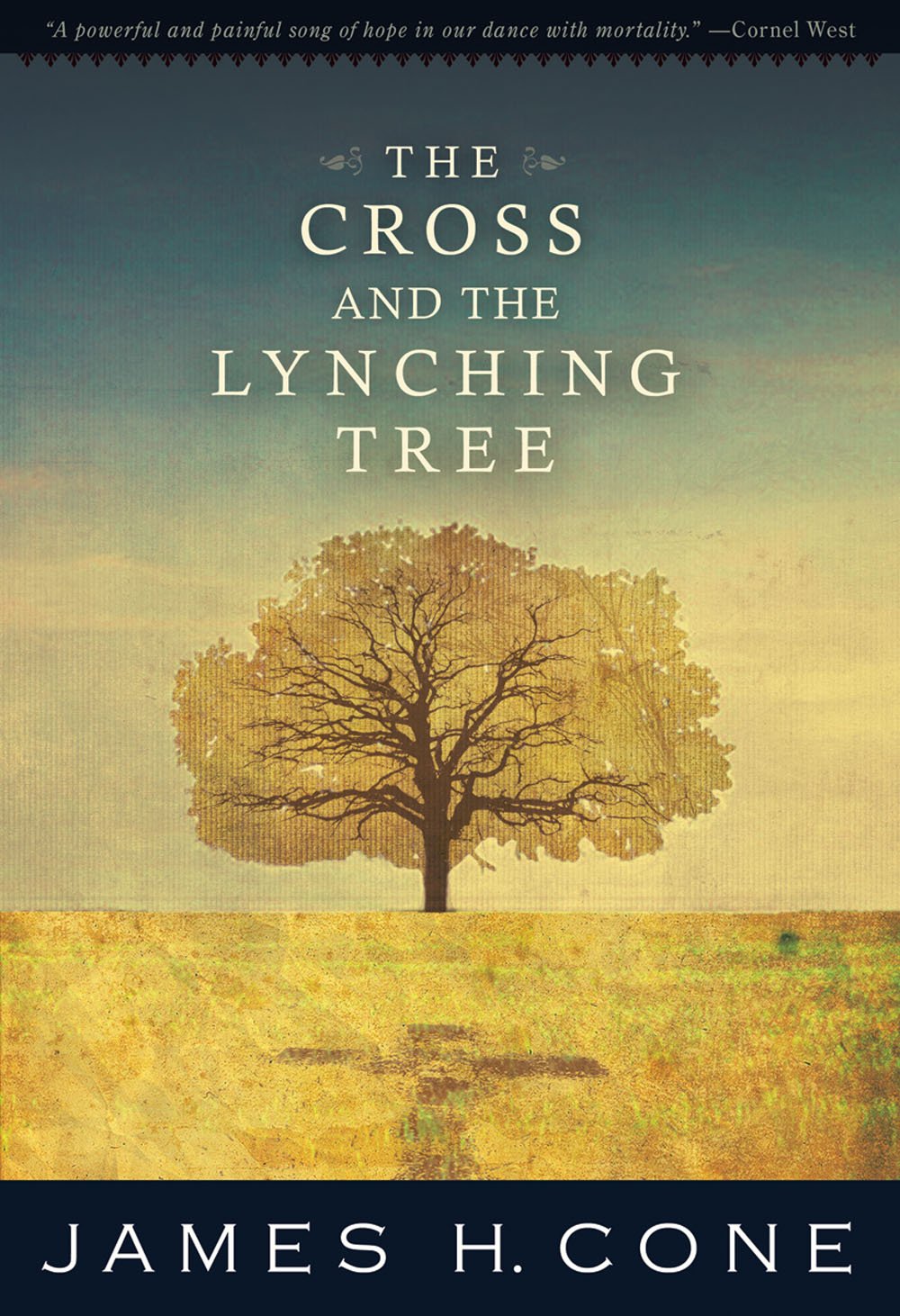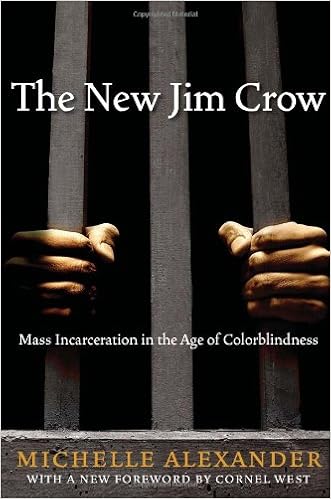I knew I needed to hear their voices, their words, to hear the pain, see the cause. So I began reading...
My first book: The Cross and the Lynching Tree by James H. Cone
I wanted to begin where I felt most comfortable in the Church. So I knew about this book for some time, but had not purchased it. Professor James H. Cone, known as the founder of black liberation theology, is the Charles A. Briggs Distinguished Professor of Systematic Theology at Union Theological Seminary. He is an ordained minister in the African Methodist Episcopal Church. (from their website)
His book drew me in immediately. (You can read the first chapter here.)
"The lynching tree is the most potent symbol of the trouble nobody knows that blacks have seen but do not talk about because the pain ofFor Christians (esp. White Christians), I think this book will help expand our mind on the meaning of the cross with the experience of Black Americans. I know it has changed my perspective on some of the poetry of African Americans (Langston Hughes for instance) that I love, the power of the lynching tree is there, of the hooting white mob...
remembering—visions of black bodies dangling from southern
trees, surrounded by jeering white mobs—is almost too excruciating to recall. In that era, the lynching tree joined the cross as the most emotionally charged symbols in the African American community—symbols that represented both death and the promise of redemption, judgment and the offer of mercy, suffering and the power of hope. Both the cross and the lynching tree represented the worst in human beings and at the same time “an unquenchable ontological thirst” for life that refuses to let the worst determine our final meaning" (p. 3)
His book gave me hope, but it challenged me not to look for easy answers or an easy way out...
"Throughout the twentieth century, African Americans continued to struggle to reconcile their faith in God’s justice and love with the persistence of black suffering. Writer James Baldwin spoke for many: “If [God’s] love was so great, and if He loved all His children, why were we, the blacks, cast down so far?” No one knows the answer to that question." (p. 28)Having finished this book first, it helped frame the next two books, I read.
The next book I read: The New Jim Crow: Mass Incarceration in the Age of Colorblindness
A longtime civil rights advocate and litigator, Michelle Alexander won a 2005 Soros Justice Fellowship and now holds a joint appointment at the Moritz College of Law and the Kirwan Institute for the Study of Race and Ethnicity at Ohio State University. (from Amazon)
Looking past her employment with OSU, her book was a fascinating and sad tale of how we have failed to live into the dream that all are created equal in this country.
http://billmoyers.com/content/book-excerpt-understanding-the-new-jim-crow/
This book was tough. The subject matter deep. But it is so well researched and put together that it opened my eyes to the facts that African Americans in this country are controlled by a "brutal system of mass incarceration, a penal system unlike anything the world has ever seen."
Many of the forms of discrimination we considered left behind in the Jim Crow Era are legal again once you’ve been branded a criminal, says Michelle Alexander, author of The New Jim Crow: Mass Incarceration In The Age Of Colorblindness. These include being denied the right to vote, automatically excluded from juries, and legally discriminated against in employment, housing, and access to public education– all public benefits.
Alexander talks about the “system of laws, policies, and practices in the United States today that operate to lock people of color, particularly poor people of color, living in ghetto communities, in an inferior second-class status for life.” (from Bill Moyers)
As the study guide to the book puts it,"After all, this is the age of Obama—a time when discussions
of racism and systems of racial control are supposed to be part of our nation’s
history, not our present." And yet, they are.
Thankfully, others are starting to notice this as well, as a fan of John Oliver, I have noticed he has looked at the issue of bail, municipal violations, civil forfeiture, Ferguson and police militarization, prisons, and the death penalty.
#BlackLivesMatter is also making sure that these issues are not forgotten.
The final book I read, was Between the World and Me by Ta-Nehisi Coates.
Written as a letter to his son, this new book was the most challenging of all. Not mincing words or allowing us to look away, Coates brings us into his world to see the pain and frustration and death that is part of everyday life of African Americans.
There is a wonderful blog that dove deeply into his writing and I think it is a good place to begin. Go here:
http://experimentaltheology.blogspot.com/2015/08/the-gospel-according-to-ta-nehisi.html
This is but a start to my listening. It has been informed by other readings I have done: "To Heal the Sin Sick Soul," "Civil War as Theological Crisis," and the poetry of Langston Hughes.
And I will continue to listen...
Written as a letter to his son, this new book was the most challenging of all. Not mincing words or allowing us to look away, Coates brings us into his world to see the pain and frustration and death that is part of everyday life of African Americans.
"There is nothing uniquely evil in these destroyers or even in this moment,” he tells his son. “The destroyers are merely men enforcing the whims of our country, correctly interpreting its heritage and legacy . . . But all our phrasing — race relations, racial chasm, racial justice, racial profiling, white privilege, even white supremacy — serves to obscure that racism is a visceral experience, that it dislodges brains, blocks airways, rips muscle, extracts organs, cracks bones, breaks teeth, extracts testicles. You must never look away from this.”
There is a wonderful blog that dove deeply into his writing and I think it is a good place to begin. Go here:
http://experimentaltheology.blogspot.com/2015/08/the-gospel-according-to-ta-nehisi.html
This is but a start to my listening. It has been informed by other readings I have done: "To Heal the Sin Sick Soul," "Civil War as Theological Crisis," and the poetry of Langston Hughes.
And I will continue to listen...



No comments:
Post a Comment